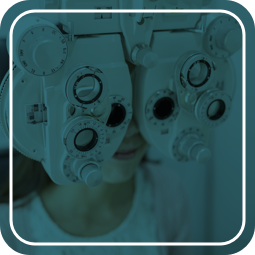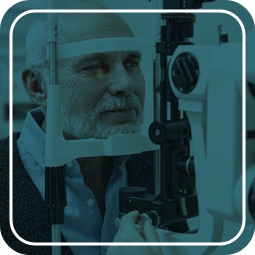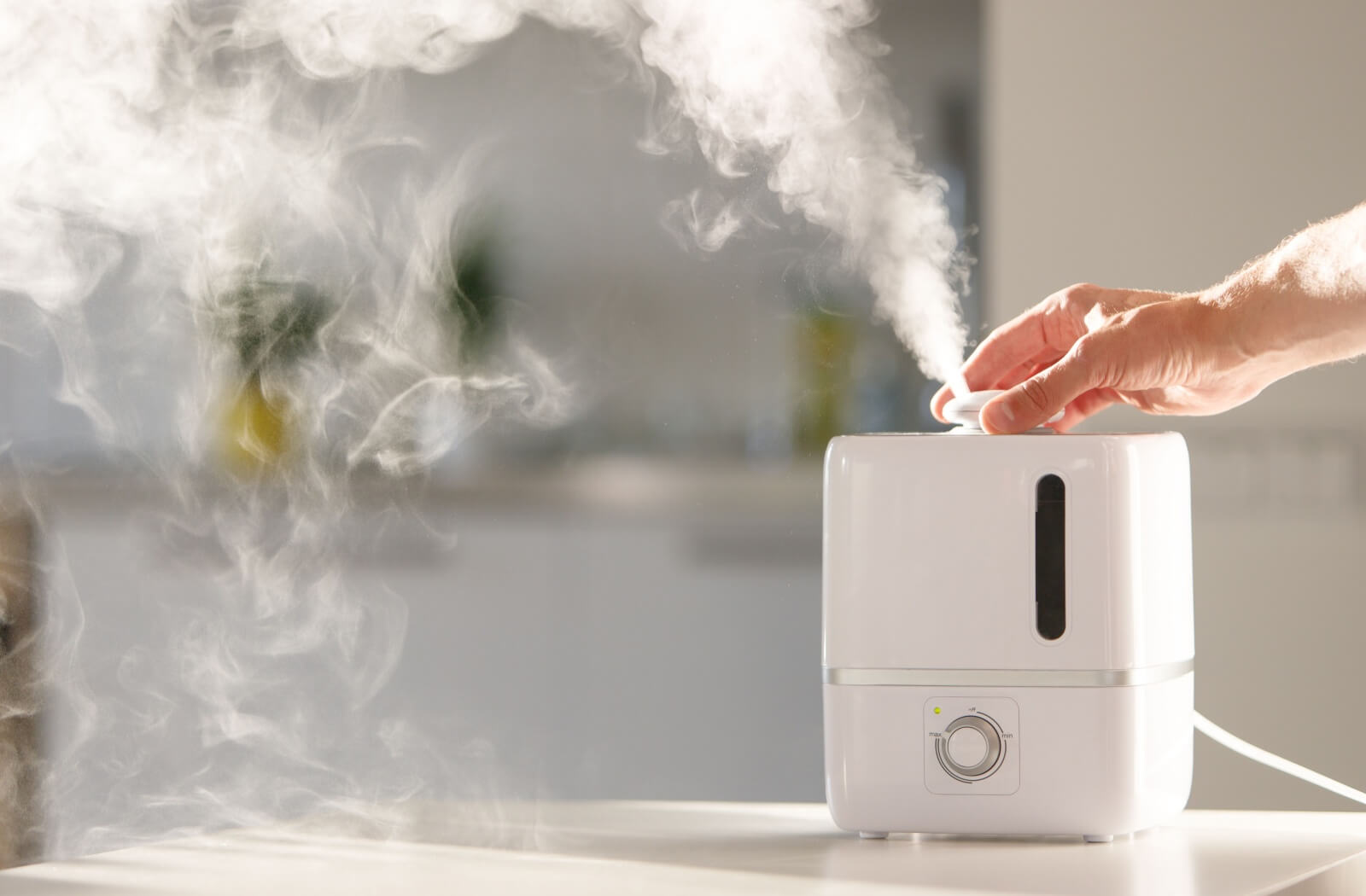Imagine waking up one morning with a sudden, unrelenting itch in your eyes. You try not to rub them, but the discomfort is too intense. You’re not alone. Itchy eyes are a common complaint that affects millions of people worldwide. A few common reasons that you have itchy eyes include:
- Allergies
- Dry eye syndrome
- Infection
Whether it’s a seasonal occurrence or a chronic issue, understanding why your eyes are itchy and how to manage the discomfort can significantly improve your quality of life. It’s essential to consult your eye doctor about your itchy eyes, especially if the discomfort persists after trying some of the prevention or maintenance tips we discuss below.
Understanding the Causes of Itchy Eyes
There isn’t a one-size-fits-all answer for why your eyes might be itchy. Let’s explore 3 common reasons.
Allergies
One of the most common causes of itchy eyes is allergies. Allergens such as pollen, pet dander, and dust mites can trigger an allergic reaction, leading to itchy, red, and watery eyes. Typically, these symptoms are accompanied by sneezing and a runny nose, making it clear that allergies are the culprit. Seasonal allergies, also known as hay fever, are notorious for causing itchy eyes during the spring and fall.
Dry Eye Syndrome
Dry eye syndrome occurs when the quality of your tears or tear film is affected, leading to a loss of ocular surface protection and often causing your tears to evaporate too quickly. This condition can cause a range of symptoms, including itching, burning, and a gritty sensation in the eyes.
Factors like prolonged screen time, air conditioning, blocked meibomian glands and certain medications can exacerbate dry eyes. If you find yourself blinking more frequently or experiencing blurred vision, dry eye syndrome might be the reason behind your itchy eyes.
Infections
Eye infections, such as conjunctivitis (pink eye) and blepharitis, can also cause itchy eyes.
Conjunctivitis is an inflammation of the conjunctiva, the thin membrane that lines the inner aspect of the eyelids and covers the white part of the eyes. Bacteria, viruses, or allergens can cause it, and the infection is often accompanied by redness, discharge, and swelling. On the other hand, blepharitis is an inflammation of the eyelids and can result in itching, crusting, and a foreign body sensation in the eyes.
How to Tell What’s Causing Your Itchy Eyes
There are a few things to consider to determine what could be causing your itchy eyes.
Symptoms & Signs
Identifying the cause of your itchy eyes begins with paying close attention to your symptoms and any accompanying signs.
For instance, if sneezing and a runny nose accompany your itchy eyes, allergies are likely to blame. But if you experience a burning sensation and frequent blinking, dry eye syndrome could be the issue. Are you waking up with your lids stuck together and discharge or crusting around your eyes? An infection might be the culprit.
What colour are your tears?
- Clear, watery tears or discharge is generally associated with dry eyes and some viral infections. Clear, sticky tears are associated with both viral infections and allergic conjunctivitis.
- Colored discharge – yellow, white or green is linked to various stages and types of bacterial infections.
- Sticky, white tears or discharge is tricky as it can indicate backed up oil glands linked to dry eyes, allergies or the beginnings of a bacterial infection.
In the end, determining the underlying cause of itchy eyes can feel like navigating a rabbit hole of overlapping symptoms. Fortunately, your eye care professional is equipped with diagnostic tools that can eliminate the guesswork and accurately identify the source of your discomfort.
Keeping a Symptom Diary
Another helpful strategy is to keep a symptom diary. Note when your symptoms occur, as well as their severity and potential triggers. This can help you and your eye doctor pinpoint the cause of your itchy eyes more accurately. For example, seasonal allergies could be why your symptoms worsen after spending time outdoors.
Consulting a Professional
It’s always a good idea to consult your optometrist if you’re unsure what’s causing your itchy eyes, especially if the symptoms are persistent. So, if you find yourself trying to navigate the aisles of a pharmacy, it is worth remembering your eye doctor can help clarify your situation by identifying the root cause of your symptoms. This allows for more appropriate treatments and helps rule out serious eye conditions that may require immediate attention.
Prevention & Management Tips
Prevention is ideal, but in some cases, symptom management is all we can do. Here are a few tips.
Environmental Changes
Making simple changes to your environment can significantly reduce the occurrence of itchy eyes. If allergies are the culprit, consider using air purifiers to reduce indoor allergens. Keep windows closed during high pollen seasons and regularly clean your home to minimize dust and pet dander. Using a humidifier can also help maintain optimal moisture levels in the air, reducing dry eye symptoms.
Eye Drops
Over-the-counter lubricating eye drops can provide quick relief for both itchy and dry eyes, while antihistamine eye drops can alleviate allergy-related itching. Consult your eye doctor if you need help determining which eye drops are suitable for you.
Proper Hygiene
Proper eye hygiene is crucial in preventing and managing itchy eyes. Wash your hands thoroughly before touching your eyes, and avoid rubbing them, as this can introduce bacteria and worsen your symptoms.
If you wear contact lenses, clean and store them correctly and replace them as recommended by your optometrist. Regularly cleaning your eyelids with a warm, damp cloth can also help prevent conditions like blepharitis.
Take Control of Your Eye Health
Taking care of your eyes is essential for maintaining your overall well-being and quality of life. Itchy eyes can be more than just a minor annoyance—they can indicate underlying health issues that should be addressed.Don’t ignore persistent symptoms or rely solely on over-the-counter solutions. Prioritize your eye health by making informed decisions and proactively addressing any issues. Contact our team at Downtown Eye Care & The Contact Lens Department today. We’re happy to book you in to see one of our experienced optometrists and get to the bottom of your itchy eyes.















